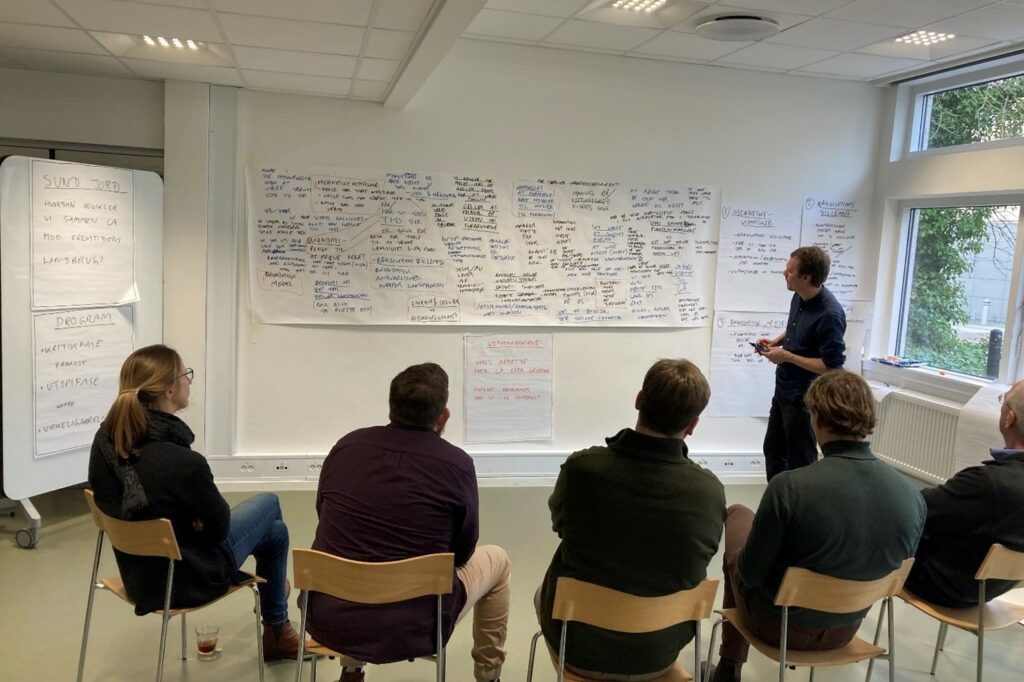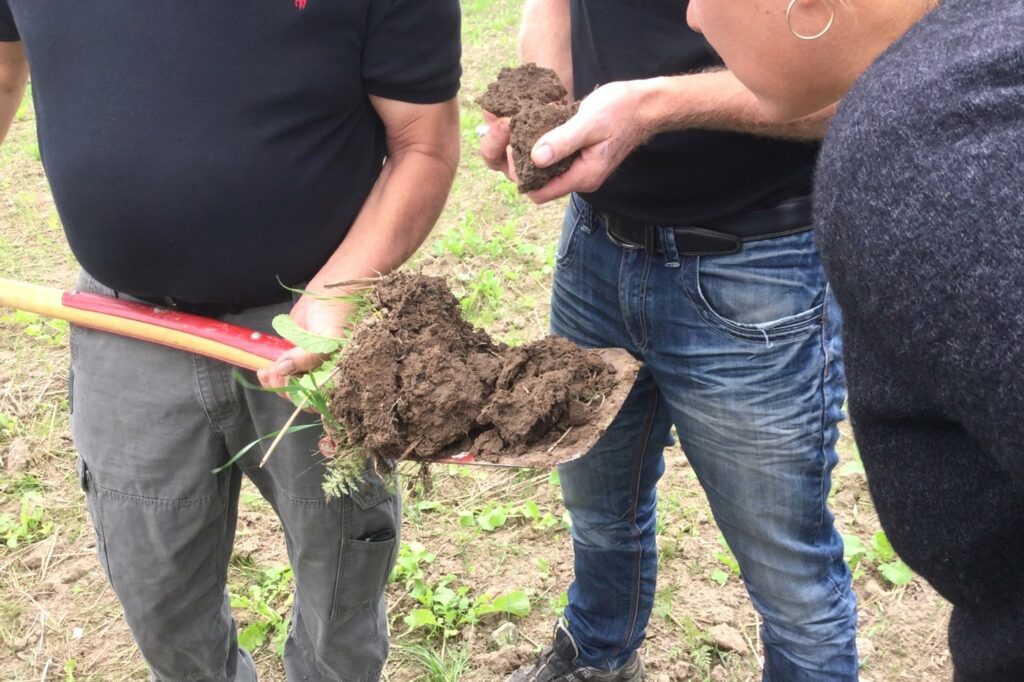

Agroecological principles and practices can serve as catalysts for transforming dominating, often industrialized, farming systems and value chain logics.
Fuelled by advancements in mechanization, fertilizer, and pesticide use, industrialized food production has reached unprecedented scales. We are witnessing a self-reinforcing decline in fundamental natural capital, such as soil health and biodiversity, driven by the interplay of human and natural processes at an unprecedented speed. In contrast, traditional farming practices have sustainably managed diverse, self-sufficient, and self-regulating agricultural systems for centuries, often resulting in enhanced community food security and the conservation of agrobiodiversity. Building on these traditional practices before the fossilization of our societies, agroecological movements are emerging and gaining political support from entities like the EU aligning with key political priorities.
Researchers:
Image credits: The authors. In cooperation with the Agroecology-TRANSECT project partners
0 0
